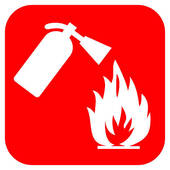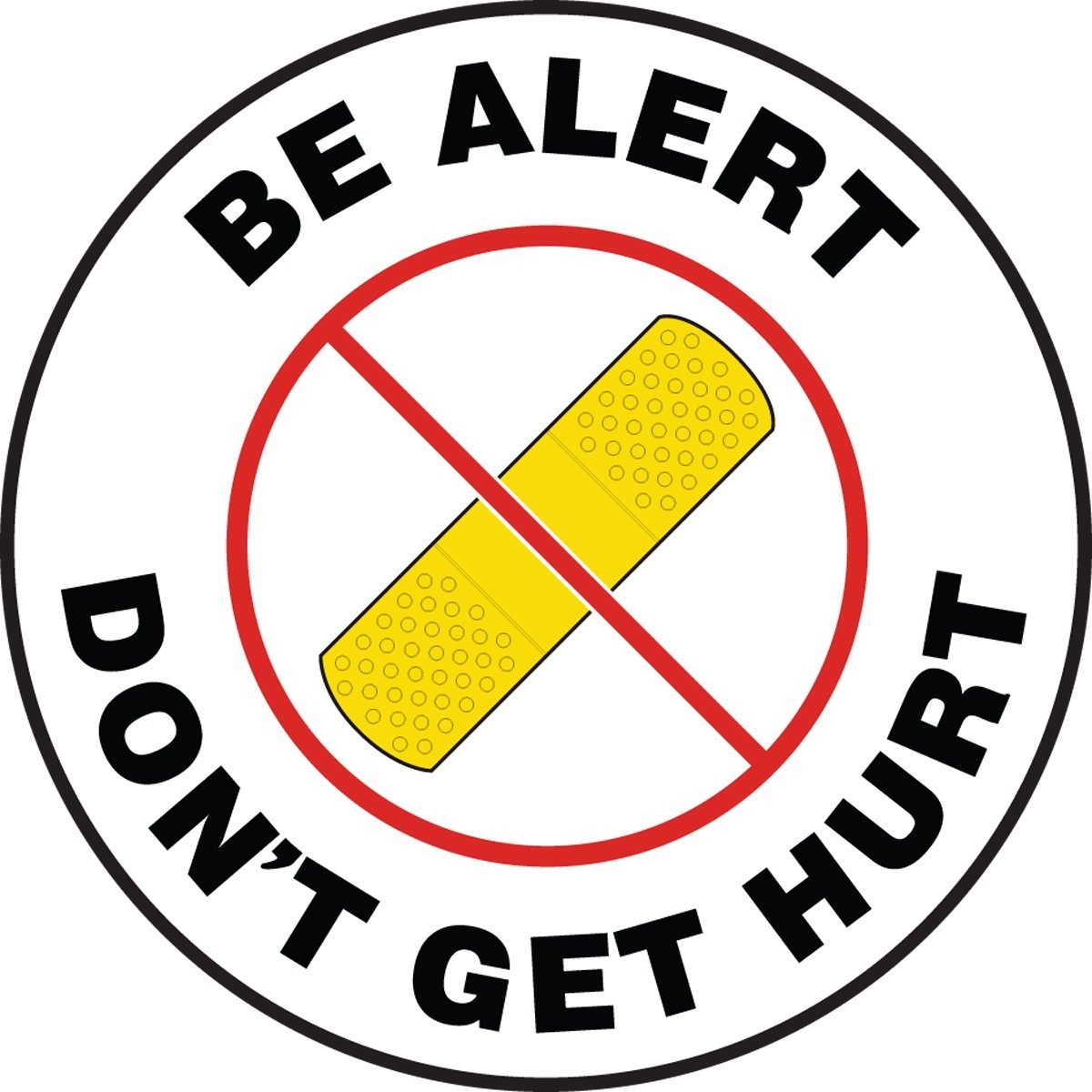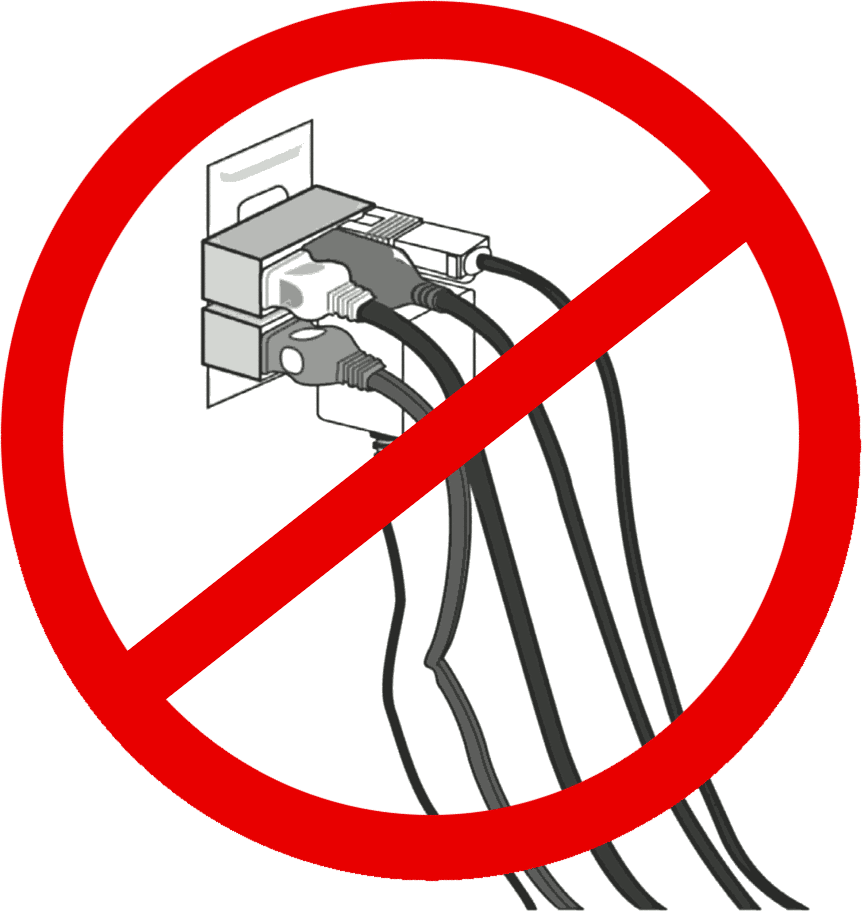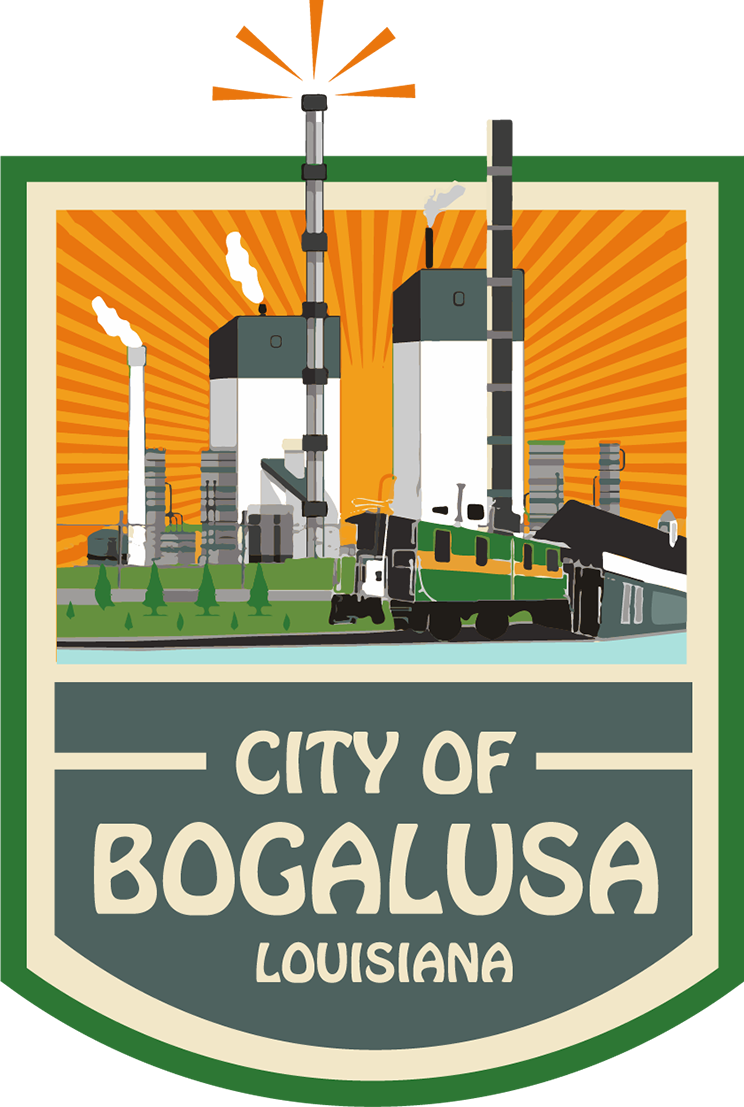Have at least 1 operating smoke detector on each floor and test them monthly
Have a working fire extinguisher
Have an escape plan
Practice fire drills regularly, using escape plan
Keep matches and lighters secured
Use proper ash tray when smoking
Keep fireplace screen doors closed
Avoid using extension cords
Never leave candles unattended
Turn off Christmas tree lights before leaving or going to bed




Large house numbers able to be seen from roadways
The best escape plans include:
2 different ways out
someone assigned to call 911
someone assigned to assist those that need help
Keep portable heaters and space heaters 3 feet away from flammable items
Have chimney cleaned regularly
Never run extension cords under rugs/carpets
Never use stove to heat home

Keep oven and stovetop clean of grease and dust
Never leave your cooking unattended
Wear clothes with short, roll-up, or tight-fitting sleeves
Keep flammable items (oven mitts, towels, etc.) away from stove
For each pot or pan, have its lid out nearby
Keep cooking areas clear of combustibles
Turn pot/pan handles inward on stove to prevent bumping
Keep children away from cooking area while in use.
Unplug countertop appliances when not in use

Speak with the Fire Department
Speak with someone about what you should do in case of a fire in your home.
Your family, friends, the fire department, or a social service agency should assist in developing an escape plan you can practice.
Practice your escape plan with people who are with or nearby you.
Suggestions
If you live in an apartment complex, try to occupy one on the ground floor.
If you live in a two-story home, try to occupy a bedroom on the ground first floor.
Keep your telephone next to your bed.
Install smoke detectors, test them weekly, and change the batteries at least once a year.

Crawl low under the smoke.
Check doors for heat before opening.
Open doors slowly.
DO NOT RE-ENTER FOR ANY REASON.
Call 911 as soon as it's safe to do so.
STOP, DROP, & ROLL;
Cover your face.





Know your hurricane risk
Make an emergency plan
Know your Evacuation Zone
Gather supplies
Secure your property
Get tech ready

If anyone in your household has a disability, identify additional help needed
Review important documents, such as IDs, insurance policies, passwords, etc.
Along with food and water, be sure to include medications and pet supplies
De-clutter drains and gutters, secure outside furniture and plants
Keep your cell phone and all other electronics charged

Stay informed through emergency alerts
Take refuge in a storm shelter or interior room for high winds
When dealing with flooding, go to the highest level of the building
Do not walk, swim, or drive through flood waters

When community evacuations become necessary, local officials provide information to the public through the media. In some circumstances, other warning methods, such as sirens or telephone calls, also are used. Additionally, there may be circumstances under which you and your family feel threatened or endangered and you need to leave your home, school, or workplace to avoid these situations.
The amount of time you have to leave will depend on the hazard. If the event is a weather condition, such as a hurricane that can be monitored, you might have a day or two to get ready. However, many disasters allow no time for people to gather even the most basic necessities, which is why planning ahead is essential.
Evacuations are more common than many people realize. Hundreds of times each year, transportation and industrial accidents release harmful substances, forcing thousands of people to leave their homes. Fires and floods cause evacuations even more frequently. Almost every year, people along the Gulf and Atlantic coasts evacuate in the face of approaching hurricanes.
If a hurricane is likely in your area, you should:
Listen to the radio/TV for information.
Secure your home, close storm shutters, and secure outdoor objects or bring them indoors.
Turn off utilities if instructed to do so. Otherwise, turn the refrigerator thermostat to its coldest setting and keep its doors closed.
Turn off propane tanks
Avoid using the phone, except for serious emergencies.
Move your boat if time permits.
Fill the bathtub and other large containers with water.
You should evacuate under the following conditions:
If you are directed by local authorities to do so. Be sure to follow their instructions.
If you live in a mobile home or temporary structure--such shelters are particularly hazardous during hurricanes no matter how well fastened to the ground.
If you live in a high-rise building--hurricane winds are stronger at higher elevations.
If you live on the coast, on a floodplain, near a river, or on an inland waterway.
If you feel you are in danger.
If you are unable to evacuate, and do not have a safe room, follow these guidelines:
Stay indoors during the hurricane and away from windows and glass doors.
Close all interior doors--secure and brace external doors.
Keep curtains and blinds closed. Do not be fooled if there is a lull; it could be the eye of the storm - winds will pick up again.
Take refuge in a small interior room, closet, or hallway on the lowest level.
Lie on the floor under a table or another sturdy object.

Find out how to care for your safety after a disaster. Your first concern after a disaster is your family's health and safety.
You need to consider possible safety issues and monitor family health and well-being.
Health
Be aware of exhaustion. Don't try to do too much at once. Set priorities and pace yourself. Get enough rest.
Drink plenty of clean water and eat well.
Wear sturdy work boots and gloves.
Wash your hands thoroughly with soap and clean water often when working in debris.
Aiding the Injured
Check for injuries. Do not attempt to move seriously injured persons unless they are in immediate danger of death or further injury. If you must move an unconscious person, first stabilize the neck and back, then call for help immediately.
If the victim is not breathing, carefully position the victim for artificial respiration, clear the airway, and commence mouth-to-mouth resuscitation.
Maintain body temperature with blankets. Be sure the victim does not become overheated.
Never try to feed liquids to an unconscious person.
Safety Issues
Be aware of new safety issues created by the disaster. Watch for washed out roads, contaminated buildings, contaminated water, gas leaks, broken glass, damaged electrical wiring, and slippery floors.
Inform local authorities about health and safety issues, including chemical spills, downed power lines, washed out roads, smoldering insulation, and dead animals.

General Tips
Keep a battery-powered radio with you so you can listen for emergency updates and news reports.
Use a battery-powered flashlight to inspect a damaged home.
Watch out for animals, especially venomous snakes.
Use the phone only to report life-threatening emergencies.
Stay off the streets.
Before You Enter
Walk around the outside and check for loose power lines, gas leaks, and structural damage.
NOTE: If you have any doubts about safety, have your residence inspected by a qualified building inspector or structural engineer before entering.
DO NOT ENTER IF:
You smell gas.
floodwaters remain around the building.
Your home was damaged by fire.
After Entering, Check For:
Natural gas
If you smell gas or hear a hissing or blowing sound, open a window and leave immediately.
Do not smoke or use oil, gas lanterns, candles, or torches for lighting
Sparks, broken or frayed wires
Roof, foundation, and chimney cracks
Appliances
Water and sewage systems
Food and other supplies
Disinfect items that may have been contaminated

Throughout the recovery period, it is important to monitor local radio or television reports and other media sources for information about where to get emergency housing, food, first aid, clothing, and financial assistance.
Aid Organizations
American Red Cross
Salvation Army
UNICEF
Convoy of Hope

The Federal Role
In the most severe disasters, the federal government is also called in to help individuals and families with temporary housing, counseling (for post-disaster trauma), low-interest loans and grants, and other assistance.
The federal government also has programs that help small businesses and farmers.
Most federal assistance becomes available when the President of the United States declares a "Major Disaster" for the affected area at the request of a state governor.
FEMA will provide information through the media and community outreach about federal assistance and how to apply.
